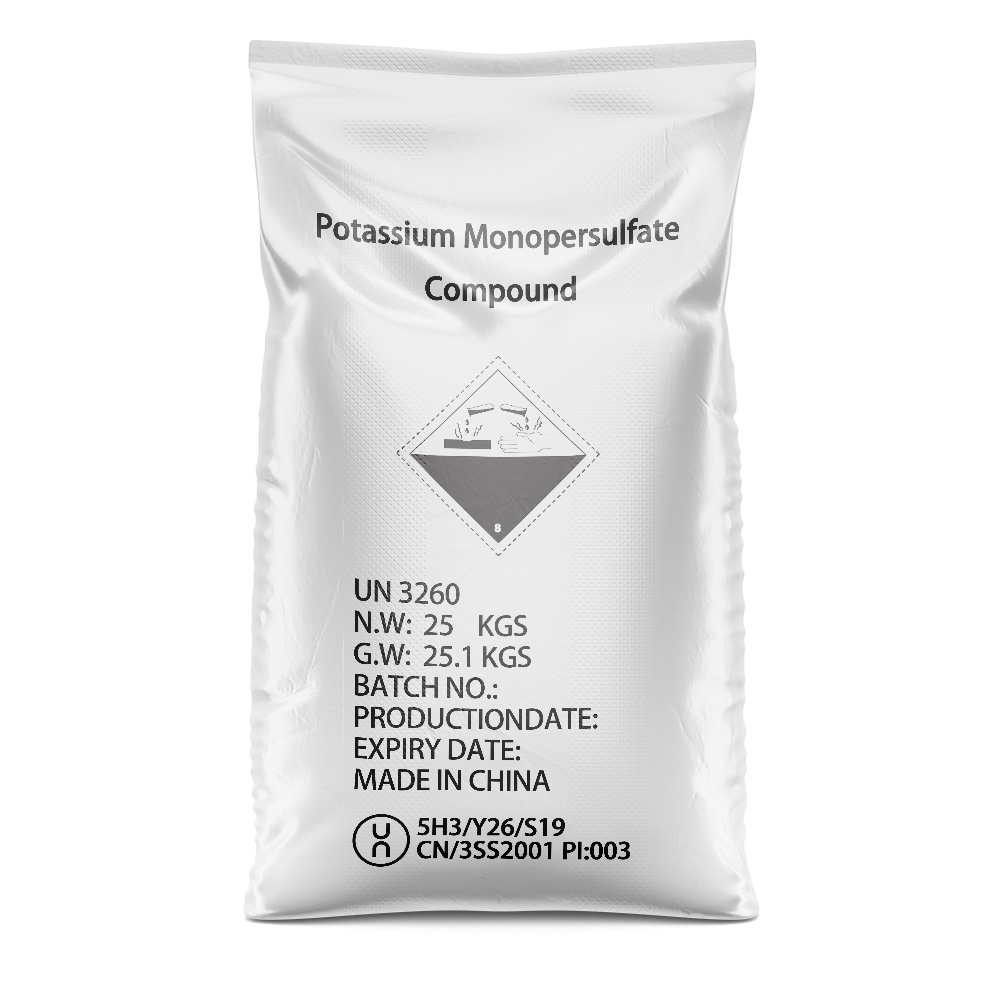



Understanding Mono Potassium Phosphate and Its Uses in Agriculture and Food Industry
Understanding Mono Potassium Phosphate A Comprehensive Overview
Mono potassium phosphate, commonly referred to as MKP, is a chemical compound widely utilized in various industries, including agriculture, food production, and pharmaceuticals. It is represented by the chemical formula KH₂PO₄ and is recognized for its important properties and applications.
Chemical Composition and Properties
Mono potassium phosphate is an inorganic salt that consists of potassium (K), hydrogen (H), and phosphate (PO₄) ions. In terms of its physical appearance, MKP is typically found in the form of white granules or crystals. It is highly soluble in water, which makes it an ideal candidate for numerous applications that require easy assimilation and distribution of nutrients.
One of the key characteristics of MKP is its balanced nutrient content. It contains approximately 22% phosphorus (P) and 28% potassium (K), making it a valuable source of macronutrients for plants. The presence of both potassium and phosphorus makes it especially useful in agricultural settings, as these nutrients play crucial roles in plant growth and development. While potassium supports several physiological processes, phosphorus is vital for energy transfer and photosynthesis.
Applications in Agriculture
In agriculture, mono potassium phosphate is primarily used as a fertilizer. It provides essential nutrients that promote healthy plant growth, improve root development, and enhance flowering and fruiting. Over the years, MKP has gained popularity among farmers and horticulturists for its effectiveness in boosting crop yields.
MKP is particularly beneficial in situations where soil testing indicates a deficiency in potassium or phosphorus. It is often applied in fertilizers intended for specific crops, such as tomatoes, peppers, and various fruit-bearing plants. Additionally, the solubility of MKP in water means it can be used in fertigation systems, allowing for efficient nutrient delivery directly to the roots of the plants.
Usage in Food Production
what is mono potassium phosphate

Beyond its agricultural applications, mono potassium phosphate also serves a role in the food industry. It is commonly utilized as a food additive and is recognized by the code E340. In this capacity, MKP functions as a buffering agent, stabilizing pH levels in food products. This stability is crucial in maintaining flavor and texture, particularly in processed foods.
Furthermore, MKP's ability to act as a leavening agent is valuable in baking. It can aid in the fermentation process, contributing to the rise and texture of baked goods. Its application extends to dairy products as well, where it can enhance the creaminess and texture of cheese.
Role in Pharmaceuticals
In the pharmaceutical industry, mono potassium phosphate is used as an electrolyte replenisher. It is often included in intravenous solutions to help restore and maintain electrolyte balance in patients, particularly those suffering from dehydration or electrolyte imbalances. MKP is recognized for its safety and effectiveness, making it a staple in medical formulations.
Environmental Considerations
While mono potassium phosphate is widely recognized for its benefits, it is crucial to use it responsibly to minimize environmental impacts. Over-fertilization can lead to nutrient runoff, contributing to water pollution and adversely affecting aquatic ecosystems. Therefore, it is essential for users to adhere to recommended application rates and consider soil testing to ensure appropriate nutrient management.
Conclusion
In summary, mono potassium phosphate is a versatile compound with numerous applications across various sectors, including agriculture, food production, and pharmaceuticals. Its ability to provide essential nutrients makes it indispensable in promoting plant health and productivity, while its functionality as a food additive and electrolyte replenisher underlines its significance in other industries. Understanding the properties and uses of MKP allows for its effective and responsible application, ultimately contributing to better agricultural practices and improved food quality. As industries continue to evolve, the role of mono potassium phosphate in enhancing growth, health, and sustainability remains increasingly relevant.
-
Why Sodium Persulfate Is Everywhere NowNewsJul.07,2025
-
Why Polyacrylamide Is in High DemandNewsJul.07,2025
-
Understanding Paint Chemicals and Their ApplicationsNewsJul.07,2025
-
Smart Use Of Mining ChemicalsNewsJul.07,2025
-
Practical Uses of Potassium MonopersulfateNewsJul.07,2025
-
Agrochemicals In Real FarmingNewsJul.07,2025
-
Sodium Chlorite Hot UsesNewsJul.01,2025










